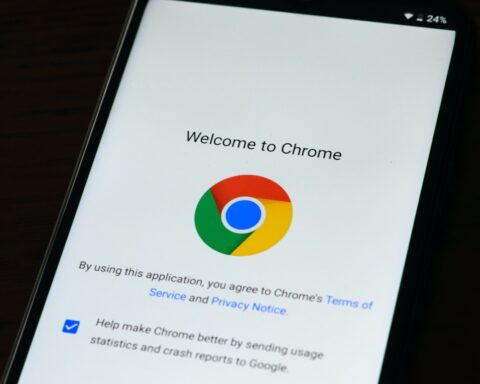“Is hacking illegal?” People often ask this question when they hear about hacking since it is mostly seen as a negative action.
In this article, we explore the legal implications of hacking based on global legal principles. The first thing everyone will want to know is, is hacking illegal? The answer is yes and no.
The answer is both affirmative and negative depending on the kind of hacking activity in question. Hacking is a very broad area that includes several activities that are either legal or illegal.
Hacking for research purposes, to find a bug or test the strength of a network with permission have no legal implications. On the other hand, hacking as part of organized crime or for political purposes will usually incur legal punishment.
Black vs White Hat Hackers

When looking at the legality of hacking, the two main divisions of hackers come to mind: black and white hat hackers.
Black hat hackers are individuals or groups that disregard ethics. They gain unauthorized access to computer systems and use it for financial gain and malicious intents.
Acts like hacking a company or a person without their permission are viewed as an offense under the Computer Misuse Act 1990 in the United Kingdom and the General Data Protection Regulation by the EU.
A classic example of a black hat hacker who got into trouble with law enforcement for his actions is, Daniel Kaye. Kaye attacked a Liberian phone operator in October 2015, causing the nation’s internet to go down. The British hacker is now serving a three-year term in prison as a result of his actions.
White hat hackers are on the good side of the law. They respect ethics and the global view of what is right. Due to this, their actions support organizations in making the security of their computer systems more robust.
Nevertheless, white hat hackers can still get into trouble with the law. In 2017, an 18-year old ethical hacker was arrested after he had discovered a bug and reported it to authorities.
In the middle of black and white hat hackers are grey hat hackers who do not believe in ethics but usually hack with good intentions. Hackers that fall in this category stand a higher risk of facing legal repercussions than white hat hackers.
Punishment For Hacking
The punishment for crimes related to hacking differs depending on the severity and the extent of the violation.
In the US, obtaining national security information will put you behind bars for ten years while trafficking in passwords will land you a one-year jail term for your first conviction.
To conclude, hacking is illegal when a computer system or information is being accessed without permission. With written permission of the owner of a computer system, (white hat) hacking is generally legal. However, the exact legal framework surrounding hacking differs from jurisdiction to jurisdiction.









